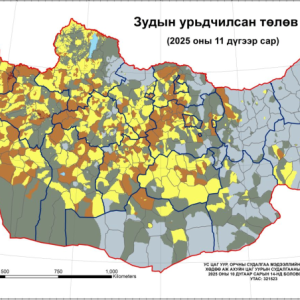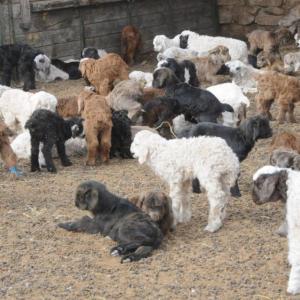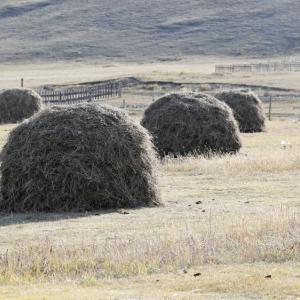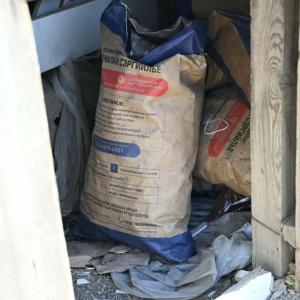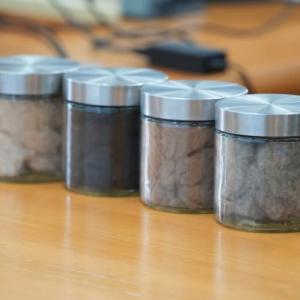Access to Healthcare Services for Herders and Citizens to be Improved
Politics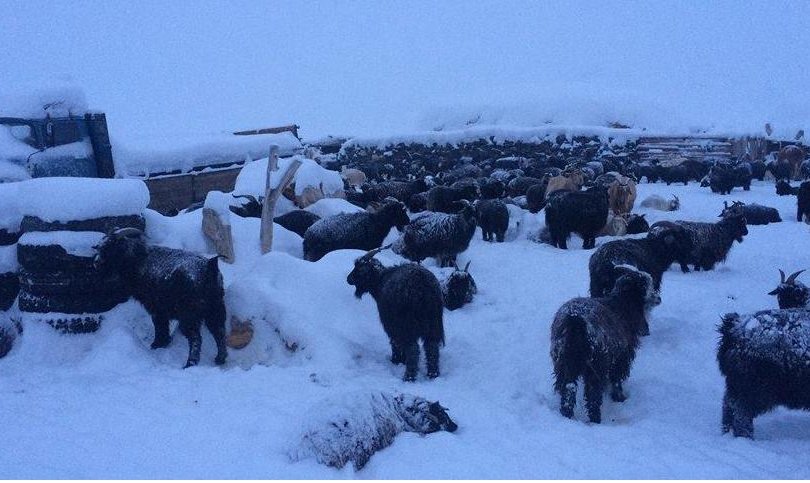
Ulaanbaatar, February 29, 2024 /MONTSAME/. At the regular session of the Cabinet on February 28, 2024, Amarsaikhan Sainbuyan, Deputy Prime Minister of Mongolia and Head of the State Emergency Commission, presented about the spring conditions and the measures being taken by the emergency groups.
Minister of Health Chinzorig Sodnom was instructed to improve access to healthcare services for herders and citizens, support immunity, and organize measures to prevent possible diseases.
In connection with the large number of animal carcasses generated due to dzud, the Minister of Food, Agriculture, and Light Industry was tasked with organizing the large-scale elimination of animal carcasses, controlling the foci of infection of highly infectious animal pox and cattle plague, taking necessary measures to reduce and prevent the spread, and quickly organizing the stockpiling of vaccines, injections, and medicines, delivering them to local communities, and conducting vaccinations.
Given that more than 80% of Mongolia experiences snowfall, certain regions face varying snow depths. The highlands of Altai, Khangai, Khentii, Khuvsgul aimags, Khan Khukhii, Khantaishir, and the eastern plains of Mongolia, along with some parts of the Gobi region, have snow depths ranging from 10 to 36 cm. Other regions have snow depths ranging from 1 to 9 cm, while areas affected by snowstorms have accumulations of up to 60 cm, with ravines experiencing up to 100 cm of snow.
As of February 20, 2024, the National Agency for Meteorology and Environmental Monitoring assessed dzud conditions, revealing that 58 soums in 13 aimags are experiencing "iron dzud," 139 soums in 17 aimags are facing "white dzud," and 69 soums in 18 aimags are under a "moderate white dzud" situation. In total, severe winter weather has impacted 266 soums in 21 aimags and two districts of the capital. Among these soums, there are 42,436 herder households affected by "iron dzud" and 75,022 households impacted by "white dzud," totaling 117,458 herder households.
Compared to the same period last year, the number of perished animals has increased by 85.9 percent. As of February 24, 2024, a total of 2,136,563 animals, or 3.3 percent of the total population, have perished.
To alleviate the situation, efforts have
been made to clear roads. Out of the necessary 52,498 km of roads to be opened
in 15 aimags where roads were closed, 49,699 km have been cleared.
 Ulaanbaatar
Ulaanbaatar























